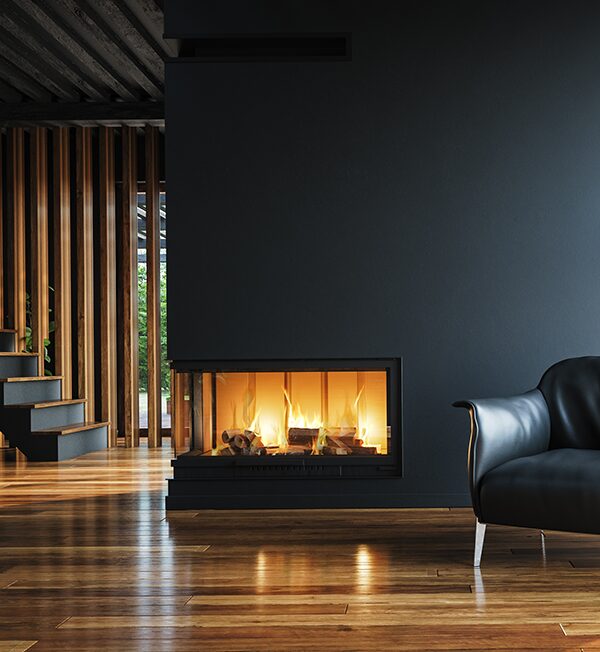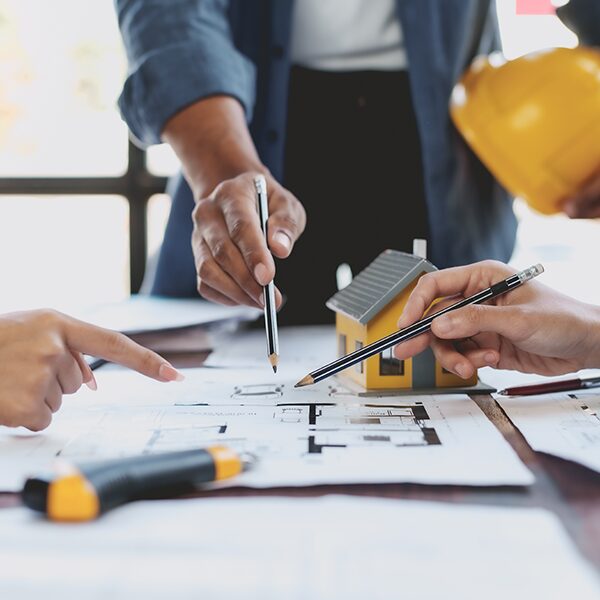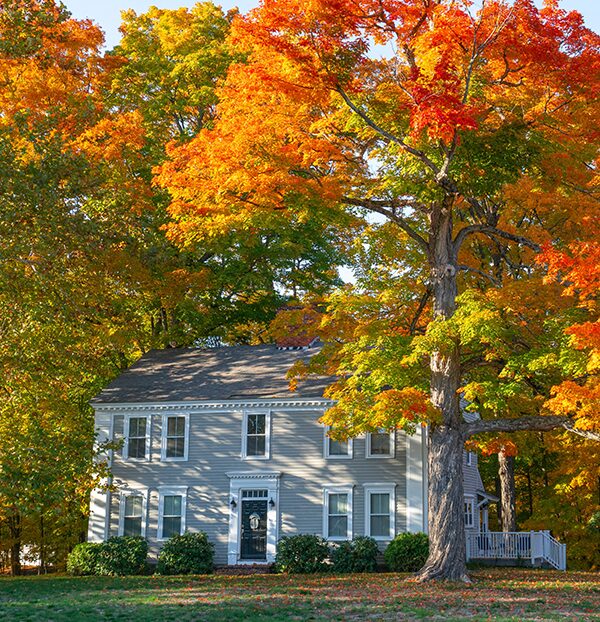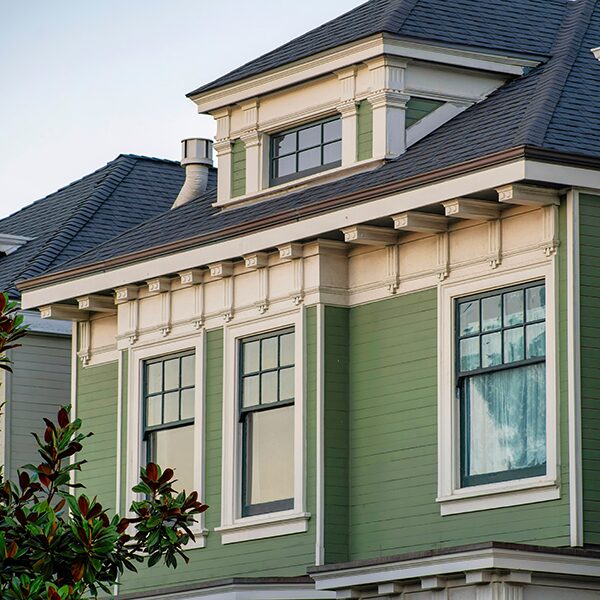Find Your Comforting Brown Shade for 2025


Color psychologists say that colors have personalities that affect people and the environment. Brown, for example, is quietly confident, approachable, reliable, and reassuring.
When the Pantone Color Institute released its selection for the Color of the Year 2025, a rich silky brown evocative of chocolate and coffee called Mocha Mousse, it explained that this is the shade that answers a global “desire for comfort.” Mocha Mousse also provides a safe haven for neutralists who want a bold, fresh alternative to classic whites, grays, or beiges.
Benjamin Moore also chose a consoling brown for its Color of the Year, a confident, snuggly shade called Cinnamon Slate. Lauded as a “delicate mix of heathered plum and velvety brown,” this hue leads the muted Color Trends Palette for 2025.
Sherwin Williams’ 2025 Color Collection of the Year showcases soothing browns as well—a dark taupe called Nutshell and a warm milk chocolate called Grounded.
Browns easily define the theme of enveloping comfort and partner well with secondary and accent colors in creams, blues, and greens.





















